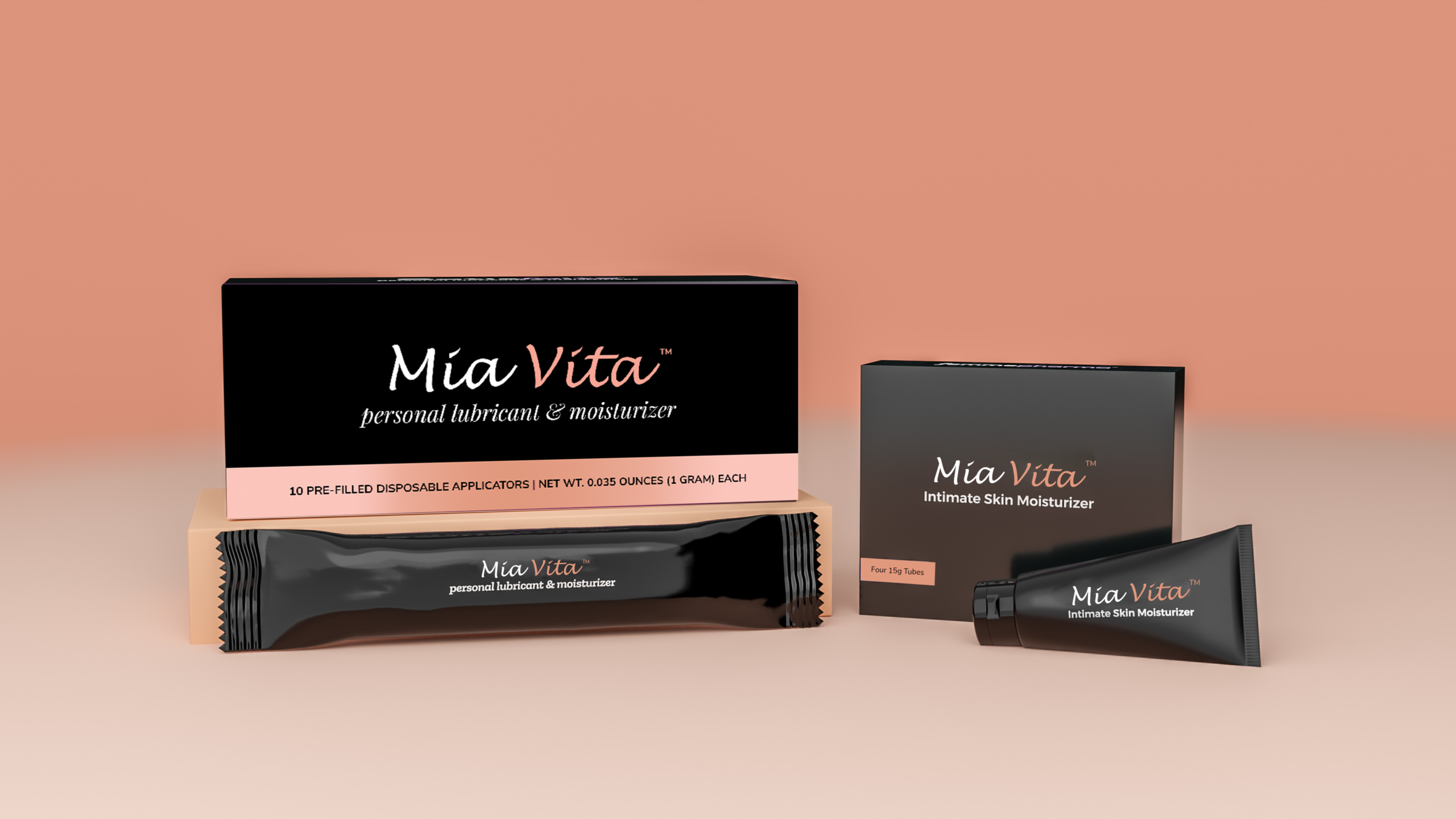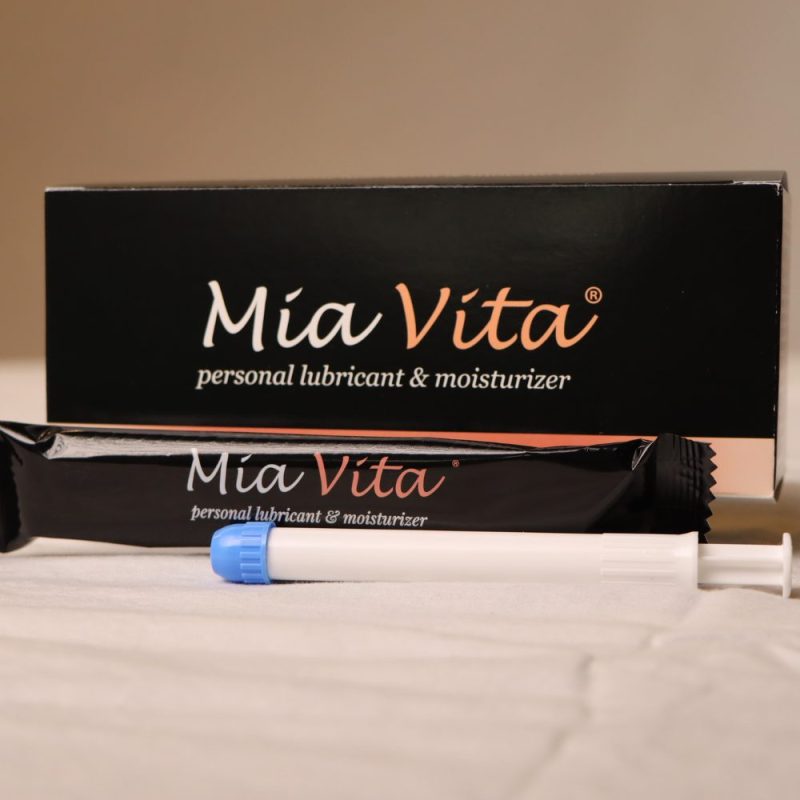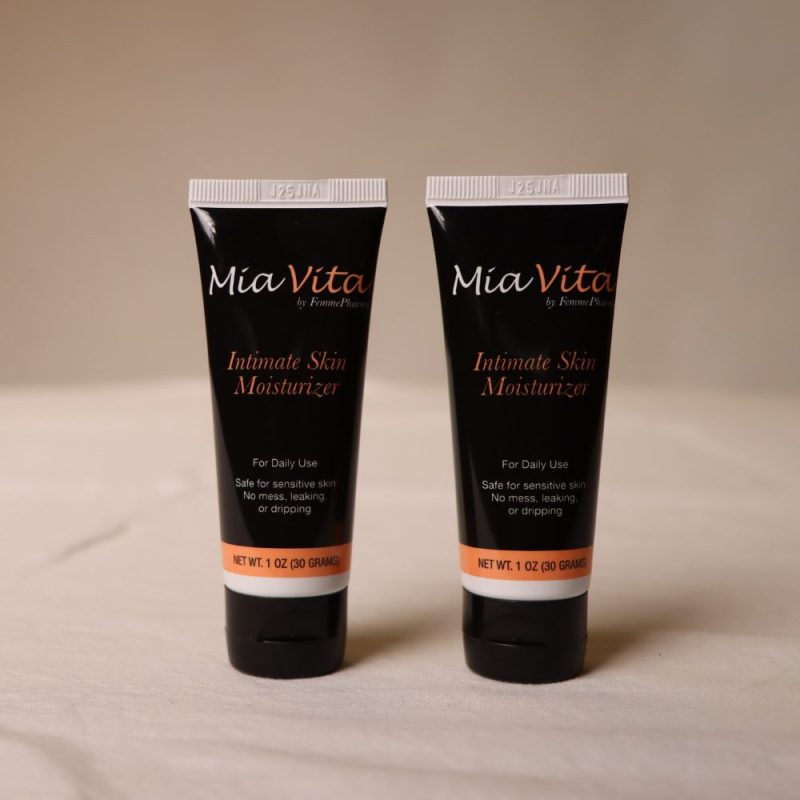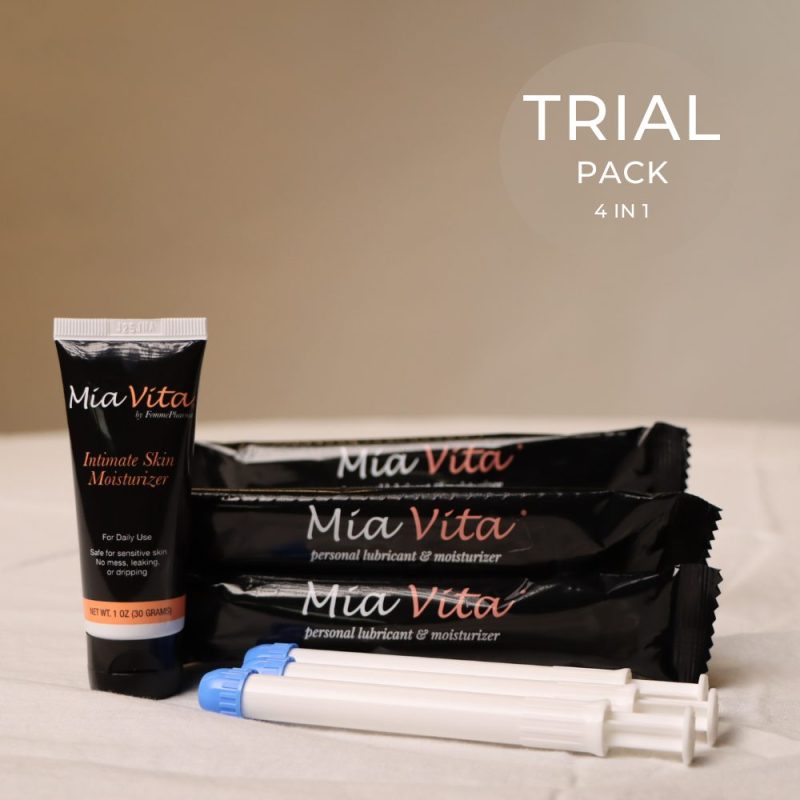Vaginal dryness is one of the least talked about menopause symptoms. Sleeplessness and hot flashes can be incredibly disruptive, but they are nowhere near as intimate an issue. And yet many women will encounter the uncomfortable condition at some point.
When estrogen levels drop during perimenopause, so do moisture levels in skin. When this happens, the vulva (the skin outside your vagina) can become increasingly sensitive. But vaginal dryness doesn’t stop there: Many women feel itchiness, burning, and pain.
Here, though, are some things you should know.
1. It’s common.
Even if it seems like most women aren’t talking about it, there’s a pretty good chance they are experiencing it. Contrary to popular belief, vaginal dryness is not strictly a “menopause thing.” Vaginal dryness can be triggered by an autoimmune disorder like Sjogren’s, eczema, psoriasis, or another vaginal sensitivity. Speak with your doctor if you’re experiencing persistent dryness and irritation.
2. It’s manageable.
Vaginal dryness doesn’t have to interfere with your daily life. Daily use of a water-based personal lubricant & vaginal moisturizer and intimate skin moisturizer with hyaluronic acid and vitamin E is one of the most effective ways to relieve dryness and discomfort.
3. It won’t ruin your sex life.
Though it’s true that some women experience more difficulty becoming aroused after menopause as the result of vaginal dryness, it doesn’t have to be a libido killer. Used regularly, a high-quality vaginal moisturizer can be super helpful for relieving vaginal dryness. You can also opt to use a vaginal lubricant before sexual activity to provide lubrication and relieve pain.

4. You can adjust your skin care regimen to treat it right now.
If you’re experiencing vaginal dryness, there are a few easy fixes that you can work into your daily skin care regimen even before you invest in a high-quality vaginal moisturizer. First, take a good look at the ingredients lists on your moisturizers and body wash. Fragrances and dyes can trigger skin sensitives. You should also avoid detergents and fabric softeners with dyes or fragrances. Then, after you’ve ditched all that stuff, use only clean, warm water to wash the inner parts of your vulva. Soap can be drying — and that’s the exact thing you’re trying to fix.
To learn more about vaginal health, read 8 Ways to Ensure Vaginal Health and Wellness and 7 Biggest Myths About Vaginal Dryness.
FemmePharma has been helping women navigate menopause for over two decades. No matter where you are in your journey, you deserve to have knowledgeable, intimate healthcare partners to help you feel your best. Explore our other articles, podcast episodes with women’s health experts, and products to ease your transition into menopause.



